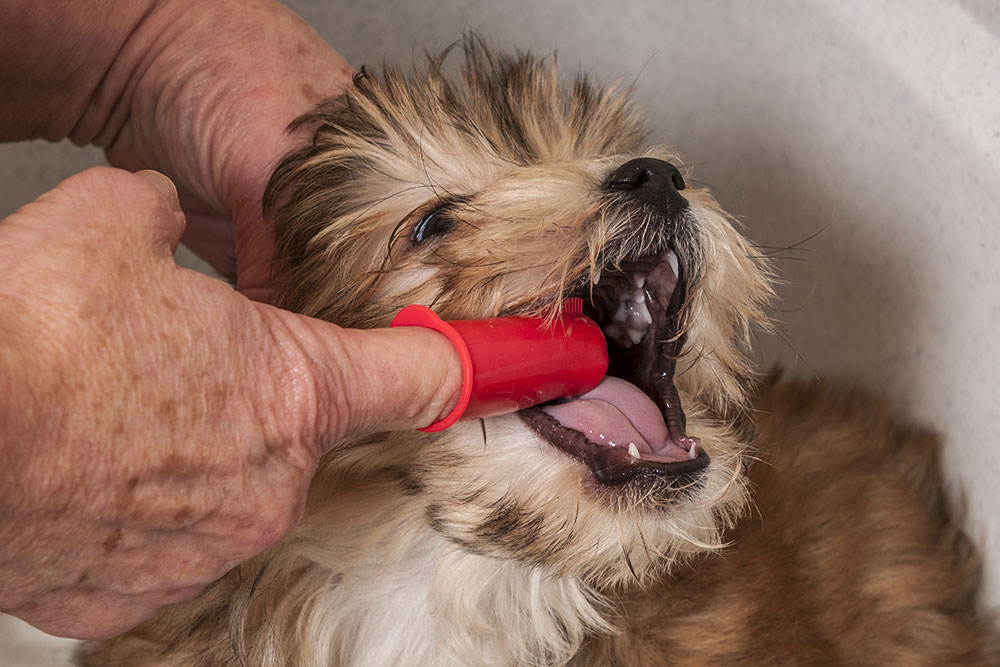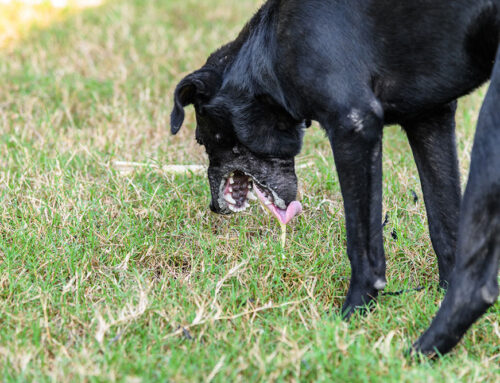Every pet is unique, and so are the health challenges they might face based on their breed. While any pet can experience a variety of health issues, certain breeds are genetically predisposed to specific conditions. Understanding these common breed-related health problems can help pet owners take a proactive approach to their pet’s care. Let’s explore some of the most common breed-specific health issues and how to manage them.
Brachycephalic Breeds and Respiratory Issues
Brachycephalic breeds, such as Bulldogs, Pugs, and Persian cats, are known for their distinctive flat faces and shortened snouts. While these features may make them adorable, they also predispose them to Brachycephalic Obstructive Airway Syndrome (BOAS). The structure of their faces causes their nasal passages to be narrower and their soft palates to be longer than usual, leading to difficulty breathing. Pets with BOAS often exhibit noisy breathing, snoring, and may struggle with exercise and heat. These symptoms can worsen, especially during hot weather or after strenuous activity, as their compromised airways make it difficult to regulate their body temperature efficiently.
To manage these respiratory issues, regular monitoring of your pet’s condition is key. Weight control can also help reduce strain on the respiratory system. In more severe cases, surgical intervention may be needed to open up the airways and improve breathing. Pet owners should ensure that their brachycephalic pets avoid overheating and overexertion, as both can exacerbate symptoms.
Joint Problems in Large Breeds
Large dog breeds, such as German Shepherds, Golden Retrievers, and Labradors, are particularly susceptible to joint problems. One of the most common joint concerns in these breeds is hip dysplasia, a genetic condition that affects the development of the hip joint. Elbow dysplasia is another condition that large dogs are prone to, leading to arthritis and pain as the joint deteriorates over time. These conditions can cause symptoms such as limping, stiffness after rest, reluctance to exercise, and difficulty getting up.
To manage joint problems in large dogs, it’s essential to focus on weight management. Carrying excess weight can put additional stress on already-compromised joints, worsening symptoms and leading to arthritis. Physical therapy, joint supplements, and regular low-impact exercise can help maintain mobility and comfort. In more advanced cases, surgery may be required to repair the joints or alleviate pain.
Dachshunds and Intervertebral Disc Disease (IVDD)
Dachshunds are beloved for their unique body shape, but their long spines make them particularly susceptible to Intervertebral Disc Disease (IVDD). This condition involves the spinal discs degenerating or herniating, which can put pressure on the spinal cord and cause pain, nerve damage, and even paralysis or two or more legs. Symptoms of IVDD include sudden pain, hunched body posture, unwillingness to go up or down stairs, and weakness or paralysis in the legs.
In some cases, management of IVDD involves strict rest and anti-inflammatory medications to reduce swelling and pain. In severe cases, surgical intervention may be necessary to relieve pressure on the spinal cord. If your Dachshund shows any signs of back pain or difficulty moving, it’s essential to seek immediate veterinary care.
Dental Disease in Small Breeds
Dental health is often an overlooked aspect of pet care, but it’s especially important for small dog breeds such as Chihuahuas, Pomeranians, and Yorkies. Due to their small mouths and crowded teeth, these breeds are more prone to dental disease, which can lead to plaque buildup, gum disease, and tooth decay. If left untreated, dental issues can progress into serious health problems, including infections that can spread to other parts of the body.
Signs of dental disease in small breeds include bad breath, red or swollen gums, difficulty eating, and loose teeth. Regular dental care is crucial to preventing these issues. This includes professional cleanings and at-home care like brushing your dog’s teeth and providing dental treats designed to reduce plaque. At Peak Pet Urgent Care, we offer dental care services to help maintain your pet’s oral health and prevent painful conditions.
Heart Disease in Cavalier King Charles Spaniels
Cavalier King Charles Spaniels are prone to mitral valve disease (MVD), a heart condition that affects the valve between the heart’s chambers. This disease can eventually lead to heart failure if not properly managed. Symptoms of MVD include coughing, rapid breathing, fatigue, and even fainting.
To manage heart disease in Cavalier King Charles Spaniels, regular veterinary check-ups are essential. Early detection is key to slowing the progression of the disease. Medications can help improve heart function and reduce symptoms, and lifestyle changes, such as moderate exercise and a healthy diet, can support heart health.

Conclusion
Each breed comes with its own set of potential health challenges, but with proper care and early detection, many of these issues can be effectively managed. Regular check-ups, preventive care, and a proactive approach to your pet’s health can go a long way in keeping them happy and healthy. If your pet is affected by a breed-related health concern, know that we are here if you need us.







Leave A Comment